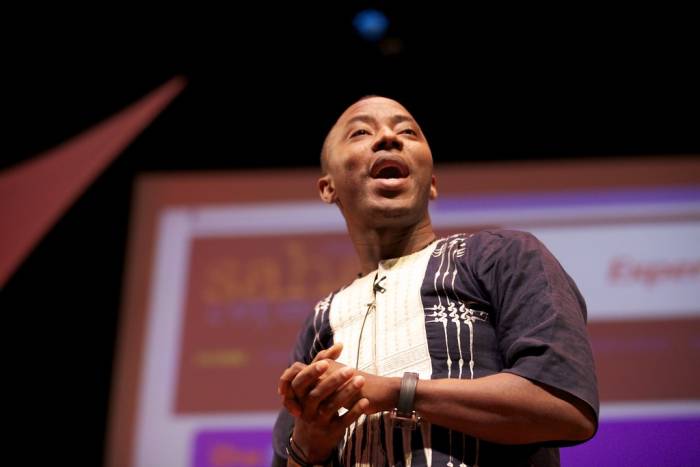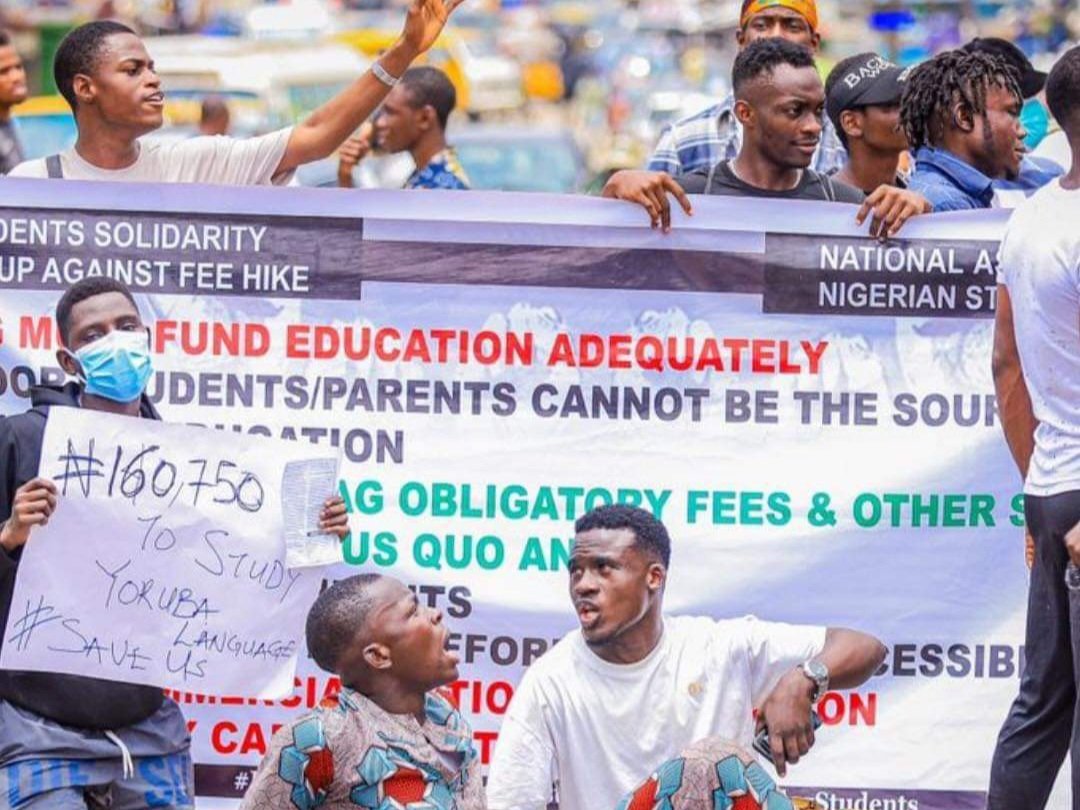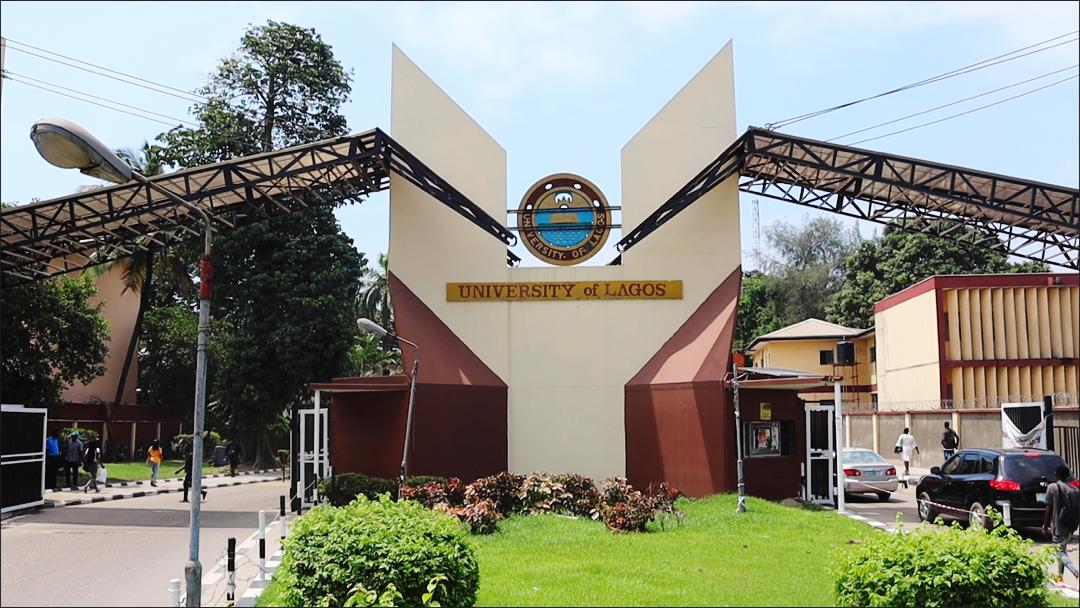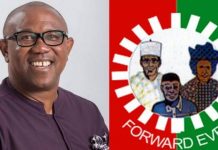Ola Kazeem, 11 February 2019
Trotsky wrote in the Transitional Programme: “The capitalists are tobogganing towards disaster with their eyes closed.” Today in Nigeria, we can make a simple modification to this assertion that the Nigerian ruling elites are tobogganing towards disaster with their eyes wide open. They can see what is happening, they can see what is coming, but they can do absolutely nothing to prevent it.
The current crisis is one of the most profound in decades. In the final analysis, this is a crisis of capitalism in a very backward capitalist society. The last time we faced something close to this was in 1963/64. The inability of the leadership of the Nigerian working class to offer a way forward in that case eventually led to civil war. When all was said and done, over two million lives were lost.
How do we describe the current crisis?
The APC has already lost a large part of its social base and is losing more by the day. APC’s loss is not in any way a gain for the other big bourgeois party, the PDP. The latter party’s 16-year rule has done huge damage to its authority. Unfortunately for the PDP, its candidate has not helped the situation; he is actually a reflection of how degenerate the party has become. He was the vice-president for eight years of their ruinous 16-year regime.
The ruling class was able to manoeuvre its way out in 2014/15. They managed to undermine the developing mass movement that was ushered in by the 2012 near-insurrectional mass action. They were then able to quickly patch together the APC and deceptively mobilised the masses behind Buhari, leader of the current regime. This grand manoeuvre actually worked for some time. It successfully doused the tensions already building up since that 2012 mass movement. It should be recalled that the NLC called a general strike in 2016 which failed to pick up. This was partly due to the fresh popularity of Buhari and partly due to the inability of the NLC leadership to massively mobilise for the strike, because of a huge dent in the authority of the NLC leadership, given their betrayal of the 2012 general strike.

As the 2019 general election approaches, the room for that kind manoeuvring is much more limited, as the situation is more complicated. Former President Obasanjo, who is undoubtedly the mouthpiece of western imperialism and the representative of the most influential section of the Nigerian ruling class, is a succinct reflection of the confusion gripping the Nigerian ruling class. While his open letter to condemn the Jonathan-led regime in 2014 achieved its aim of mobilising mass opinion against the regime then, this time around his open letter against the current regime was not only powerless, but it was glaringly hopeless.
Obasanjo did not stop at that, and threw himself into the mobilisation for a political alternative, which he deceptively termed “third-force”, but this third-force refused to pick up. He struggled to bring several political groupings together under CUPP. Unfortunately for him, the Nigerian youth and working class refuse to follow him.
The Nigerian ruling elite therefore seem to be stranded with Buhari. They don’t want this government, but they can’t come up with an acceptable alternative to it. However, it should be pointed out that the reason why they oppose this regime has nothing to do with their love and sympathy for the working class and youth, but rather because this regime has lost the necessary vigour to continue the policies of the IMF, World Bank and other capitalist interests, which have strangled this beleaguered country for decades. They oppose this regime because they see that what it was able to cheaply do in 2016 (increasing the pump-price of oil), will be very difficult, if not impossible, now. If the regime dares to carry out any major attack on the masses, it will certainly provoke them and put the whole capitalist order in serious jeopardy.
Race to fill Political vacuum: Sowore and the African Action Congress
The two main bourgeois parties, APC and PDP, are more and more losing their social base. They have lost much credibility among the sizeable number of youth and the working class, and the direct outcome of this is a huge vacuum created in the political landscape. The labour leadership’s refusal to offer a credible political alternative, with a platform and programme based on the masses, left room for all sorts of outfits trying to fill the vacuum that has been created.

It is against this backdrop that Sowore and the movement behind him are situated. [See Does Sowore have the programme for genuine change in Nigeria?] Nigerian youth are the most hit by the current crisis of this ruinous system and the PDP-APC (the two parties of the establishment) are mostly to blame for this. Unsurprisingly, out of desperation at their situation, some of the youth, especially from the Southern part of the country, have begun to look to Sowore as a possible alternative to the rot they have been experiencing for decades. This explains why Marxists need to closely analyse this movement, what it portends for the masses and the poor, how we should relate to it and how it will develop in the coming period.
With his radical background and commendable courage, Sowore appears to the youth as a personality that is completely different from the candidates of the establishment. His Sahara Reporters has been very successful. This online media outlet has become a household name in the country, mostly among the youth and the working class. All these factors combine to give Sowore a competitive advantage over all the other formations that are also striving to fill the hole in the political scene. But, ultimately, it is not the personal wishes, or past and present records of Sowore as a person that will be decisive in determining the course of events in the coming period, but the struggle between the classes, struggles among layers within the classes and the programmes upon which each struggle is waged. This explains why we have to look beyond the person and at the programme and movement being built around Sowore.
Sowore’s movement is organised around a party called African Action Congress (AAC). The AAC is a bourgeois liberal party that is committed, just like the other wings of the bourgeois parties (APC and PDP), to the “market-driven” economy. According to its manifesto:
“…investments must not be funded by unsustainable debt. They must be funded by money that is available to us, through cautious borrowing where necessary, but increasingly through public private partnership (PPP) that allow all Nigerians to benefit from the immense opportunities that are available, and enables businesses to invest in those opportunities.”
The AAC’s programme says it will still continue with the ruinous policies of privatisation and commercialisation under the deceptive coinage of Private Public Partnership. The party aims at creating a better capitalism, a ‘people-oriented’ form of capitalism, but unfortunately for the AAC, there is no such thing as a humane capitalism that is friendly to the masses, especially given the crisis we currently face. The AAC’s programme is not radically or fundamentally different from the programmes of the two already discredited parties.
The problem facing the Nigerian ruling class is that neither the current regime nor any that replaces it will be able to carry out the tasks required by capitalism without provoking and pushing the working class and youth towards a serious fightback.
The country is 23 trillion Naira in debt and is forced to pay out two trillion Naira plus to service the debt annually, while the government’s oil income has only been 1.7 trillion Naira over the last three years, which means they are currently using more than their oil revenue just to service the debt. This is more than the budget for education and health combined.
Recently, the Finance Minister said that there is practically no other alternative than to run next year’s budget by selling many more state properties, and inflicting a significant cut in government expenses. The proposed budget for 2019 is significantly less than last year, and this is very instructive.
On the other hand, however, the working class will not quietly accept these attacks. School fees will have to be hiked up as well, but the Nigerian students will fight back to their last breath.
Furthermore, when we multiply the per-litre subsidy of N65.60k by 46.54 million litres (the Ministry of Petroleum resources disclosed some time ago in its newsletter, this is equal to the daily petrol consumption level of the country in August 2018), we arrive at N3,053,024,000, which was the figure the country may have incurred daily as a subsidy on petrol consumption.
Additionally, for a period of 31 days in August, the calculations indicated that N94,643,744,000 could have been absorbed as a subsidy by the NNPC to keep the pump price at N145 per litre.
The direct implication of this is that the coming government will be under enormous pressure to increase the price of fuel once again. When this happens, it will be the direct opposite of what happened after the 2016 petrol pump-price increase. That is, the masses will begin to move in a militant direction.
What does all this imply? We are moving towards a pre-revolutionary situation in Nigeria. The objective conditions for revolution are over-ripe. The coming period will see street battles and our campuses will be seething with clashes between students and the state. Events, of course, will not proceed smoothly in a straight line; there will be periods of successes and periods of painful defeats. Whether this tumultuous period will be very long or reasonably short depends on the preparedness of the subjective factor. What is the subjective factor? It is a mass revolutionary workers’ party. The Marxist organisation, the Campaign for a Workers’ Alternative aims to build a Marxist Tendency that can provide the programme, perspectives and strategy that can eventually produce such a party.

If there existed a workers’ party on a socialist programme, linked to the trade unions, at this point in time, it would have successfully rallied the angry and battle-ready Nigerian workers and youth. It would have had the authority to mobilise every nook and corner of Nigeria, across all ethnic and religious divides, for a major organised resistance to the disastrous, capitalist policies of the ruling elite.
In the absence of such a party, for now, our approach should take into consideration the sizeable number of youth who are looking to Sowore’s movement and the many more who may come into that movement in the coming period. We have to approach these youth with understanding and a friendly tone, but this does not mean we spare our bold and frank criticisms of the leadership of this movement and its capitalist programme.
We should not lump together the restless youth behind this movement with the conscious bourgeois-liberals leading it.
We are not strong enough to offer a mass alternative to the movement behind this demagogic leadership for now. Therefore our target should be the small, advanced layer of youth who are looking at this movement with an open mind.
This truly advanced layer is still boldly asking questions and is courageous enough to hear and swallow the truth. We have a historical responsibility of winning away these youth from the dead-end of bourgeois liberalism.
We should not forget for a second that the Sowore phenomenon, like every other recent “radical” political formation, is a temporary passing phase. This is because it is based on a programme that rather than challenging capitalism, actually calls for privatisations, i.e. it believes that the solutions to the problems of the workers and youth can be found within the confines of the capitalist system. That is why when the working class begins to move in a serious manner, such formations disappear from the scene the same way they emerged.
Socialist Party of Nigeria
Virtually all sectors of the Nigerian economy are comatose, with unemployment levels among the highest in the world. And over the years there have been many waves of struggle, both of the working class and the youth. However, it is important to point out the fact that in Nigeria’s political development there has not been a traditional party of the working class and poor capable of cutting across all the ethnic divisions in the history of the country.
Given the lack of a bold alternative from the labour leaders, the absence of a generalised militant left opposition inside the labour movement, and the weakness of the forces of Marxism in Nigeria, the working class as a whole does not yet have a real alternative with which to oppose the system, and will not look to small groups to carry out this task for them.
To successfully bring about the socialist transformation of Nigeria, requires two things: a mass party of labor based on the unions – i.e., a political vehicle through which the workers can collectively defend their own interests and fight the bosses’ parties – and a Marxist cadre organisation with deep roots in the class, large enough to fight actively for socialist policies within a future mass party of the working class, forming thereby the basis of a mass revolutionary party armed with the ideas of Marxism. Any formation short of this will not bring about genuine emancipation of the oppressed masses of Nigeria.

What we cannot do, however, is to artificially create favourable conditions; we must have a sense of proportion. We cannot bring into existence the mass party the workers require, simply by declaring it. The left is currently weak and the voice of Marxism is still very small, but the coming turbulence in the political arena will definitely transform this situation in our favour, and facilitate the work of the Marxists. The isolated left-wing developments we are witnessing here and there give evidence of a uniquely favourable situation in the coming period, but, this is still the beginning of the beginning.
Forming a party of the working class cannot be achieved by simply declaring oneself that party, irrespective of the real forces one has on the ground. Small formations, such as the SPN, with very small available forces, cannot artificially impose themselves on the working class, but would only further the course of the Nigerian revolution if they are seen as a means to end and not an end in itself, as a way of campaigning for the need for a mass workers’ party within the working class and youth, rather than proclaiming it outside the real processes within the Nigerian labour movement. Our task as Marxists is to intervene in such a way as to work towards shattering the illusions in this deceptive bourgeois democracy, and patiently explain that reform is impossible within the system. This does not in any way preclude the need for collaboration of all the left organisations at every level, such as symposiums, rallies and other public political platforms.
The current lull in the working-class movement is only temporary. The students’ movement will inevitably rise up again, but many on the left have completely lost hope in this possibility. The reason why we take our perspectives so seriously is because, if we hope to see what is to come, we must base ourselves on sound scientific analysis and judgment. What we see gives us hope. We can see very clearly that we are accelerating towards a period of ferment. Educating ourselves is central to our preparation for that turbulent period.





